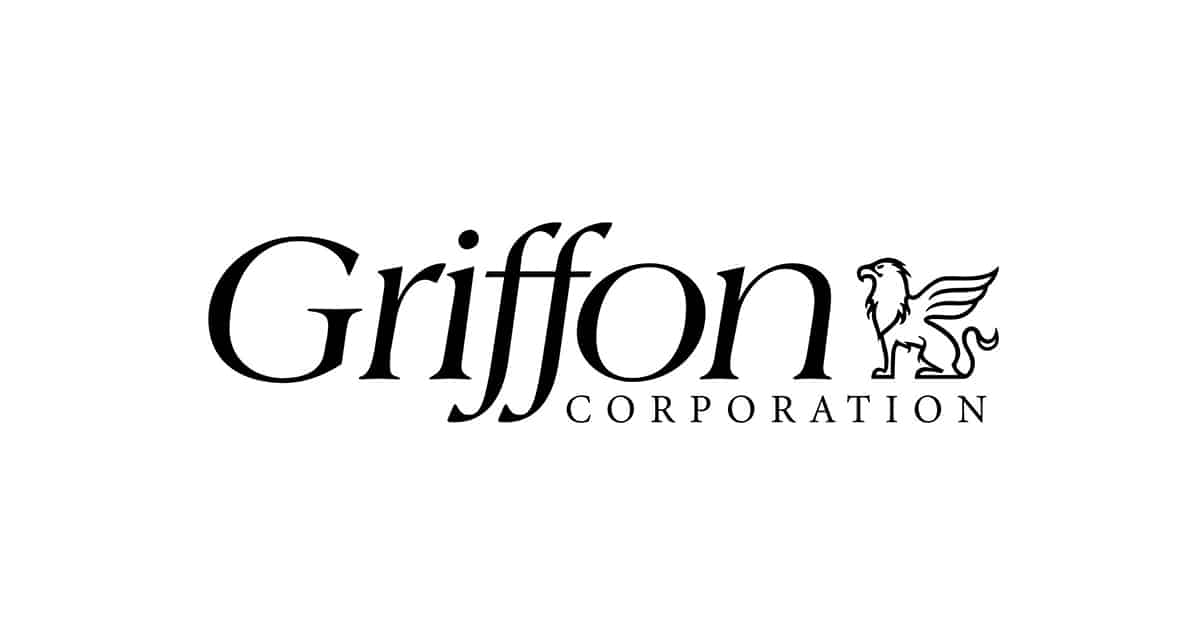- Founded: 1959 by David J. Bloom in New York City, New York
- Inspiration: Created to diversify and acquire companies in various industries
- Launch: Started as a holding company with investments in various manufacturing and industrial sectors
- Growth: Expanded through acquisitions and organic growth, focusing on home and building products, telephonics, and plastics
- Milestone: Listed on the New York Stock Exchange under GFF
- Innovations: Invested in technology and R&D to enhance product offerings and operational efficiency
- Acquisitions: Acquired multiple companies, including Clopay Corporation (1986) and Ames True Temper (2010)
- Rebranding: Continually refined its portfolio to focus on high-growth, high-margin businesses
- Current Reach: Operates globally with a diverse portfolio of companies serving various industries
- Impact: Known for strategic acquisitions and effective management, contributing to sustainable growth and shareholder value
2. MOS (Margin of Safety)
When investing in a company, the first step is to look at the financials. Fortunately, Tykr does this for us automatically. The higher the score, the stronger the financials and the safer the investment. The higher the MOS, the higher the potential returns you can make.
- Summary: watch
- Score: 56/100
- MOS: 1%
To see the most up-to-date Summary, Score, and MOS, please log into Tykr.

3. Meaning
When investing in a company, it’s important to know how a company makes money. A mature business model has multiple streams of revenue which allow the company to weather downturns in the economy.
Here is how Griffon Corp (GFF) makes money:
- Home and Building Products: Generates revenue from the sale of home improvement and building products through brands like Clopay and CornellCookson.
- Telephonics: Earns income from providing radar and surveillance systems, communication systems, and aerospace technologies.
- Plastics: Produces and sells specialty plastic films and laminates for various industries, including automotive and healthcare.
- Acquisition Strategies: Continues to expand and diversify its portfolio through strategic acquisitions in different sectors.
- Contract Manufacturing: Provides contract manufacturing services, earning revenue from producing goods for other companies.
- Distribution: Distributes products through a network of dealers, distributors, and retailers, earning margins on sales.
- Government Contracts: Earns revenue from contracts with government agencies for defense and security-related products and services.
- Innovation and R&D: Invests in research and development to develop new products and technologies, creating additional revenue streams.
Griffon Corp uses these various streams to maximize their earnings and provide diverse services to moviegoers.
Here are a few of the other companies that Griffon Corp has acquired over the years. This is important because a company will use a “Buy before build” philosophy to go to market faster and add additional streams of revenue. A company with more revenue streams has a more stable business model. Keep in mind, that most companies don’t build new software because it takes too long to go to market and generate revenue.
- AMES Companies Inc.
- ClosetMaid Corporation
- Therma-Tru Corporation
- CornellCookson
4. Moat
When investing in a company, it’s important to understand how a company ranks against other companies in the same sector and industry. Based on the Score, here is how Griffon Corp (GFF) stacks up against other companies.
- IRSA Inversiones y Representaciones Sociedad Anónima. (IRS) – 61
- Steel Partners Holdings L.P. (SPLP-PA) – 61
- Steel Partners Holdings L.P. (SPLP) – 61
- Griffon Corporation.(GFF) – 56
- Brookfield Business Partners L.P. (BBU) – 45
- Compass Diversified. (CODI) – 39
To see the most up-to-date Summary, Score, and MOS and each stock, please log into Tykr.
5. Management
When investing in a company, it’s important to understand who the CEO is, what they have accomplished in the past, and how they have helped this company grow. Good leaders typically have stronger cultures, less turnover, and better returns in the stock market.

